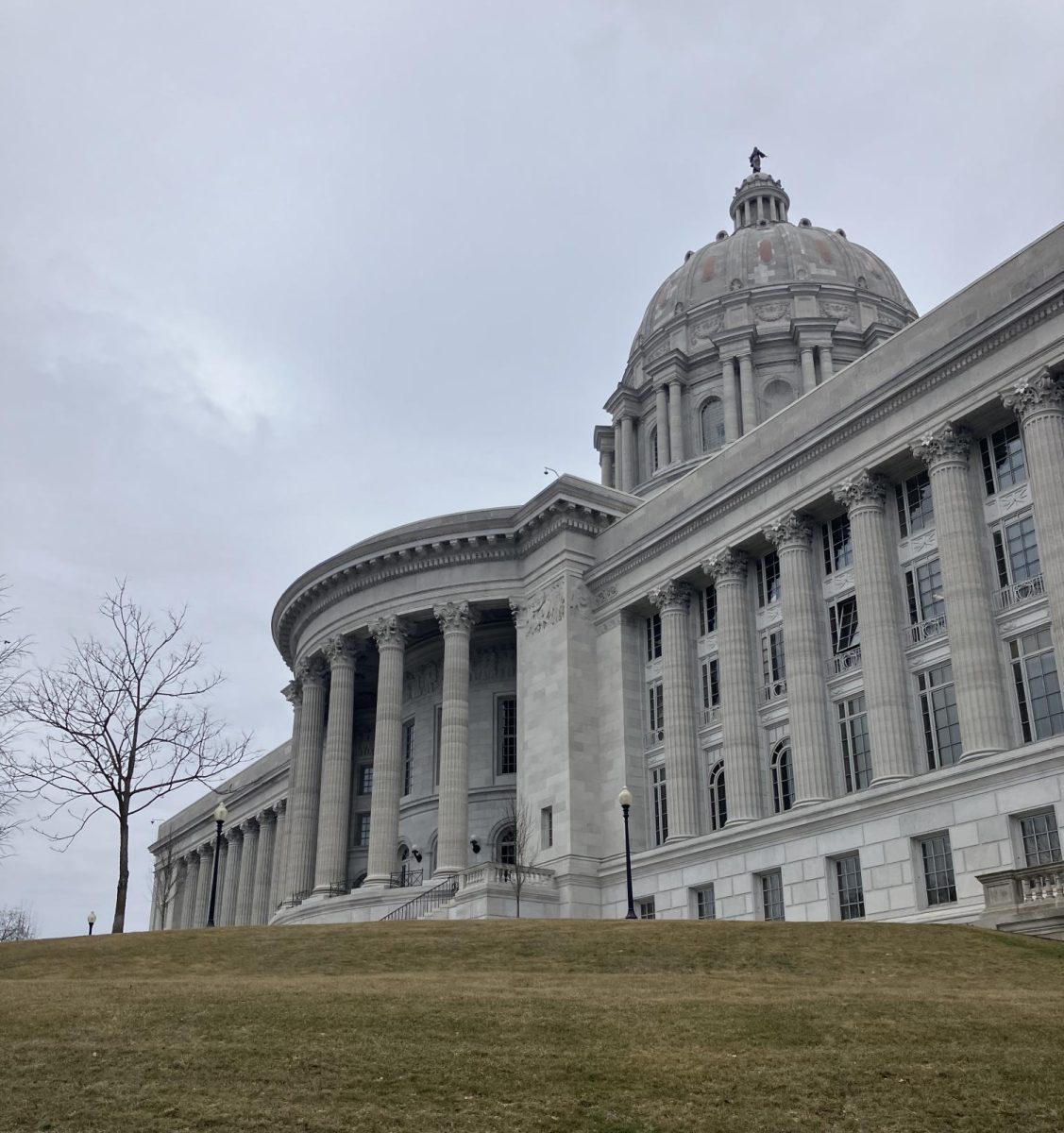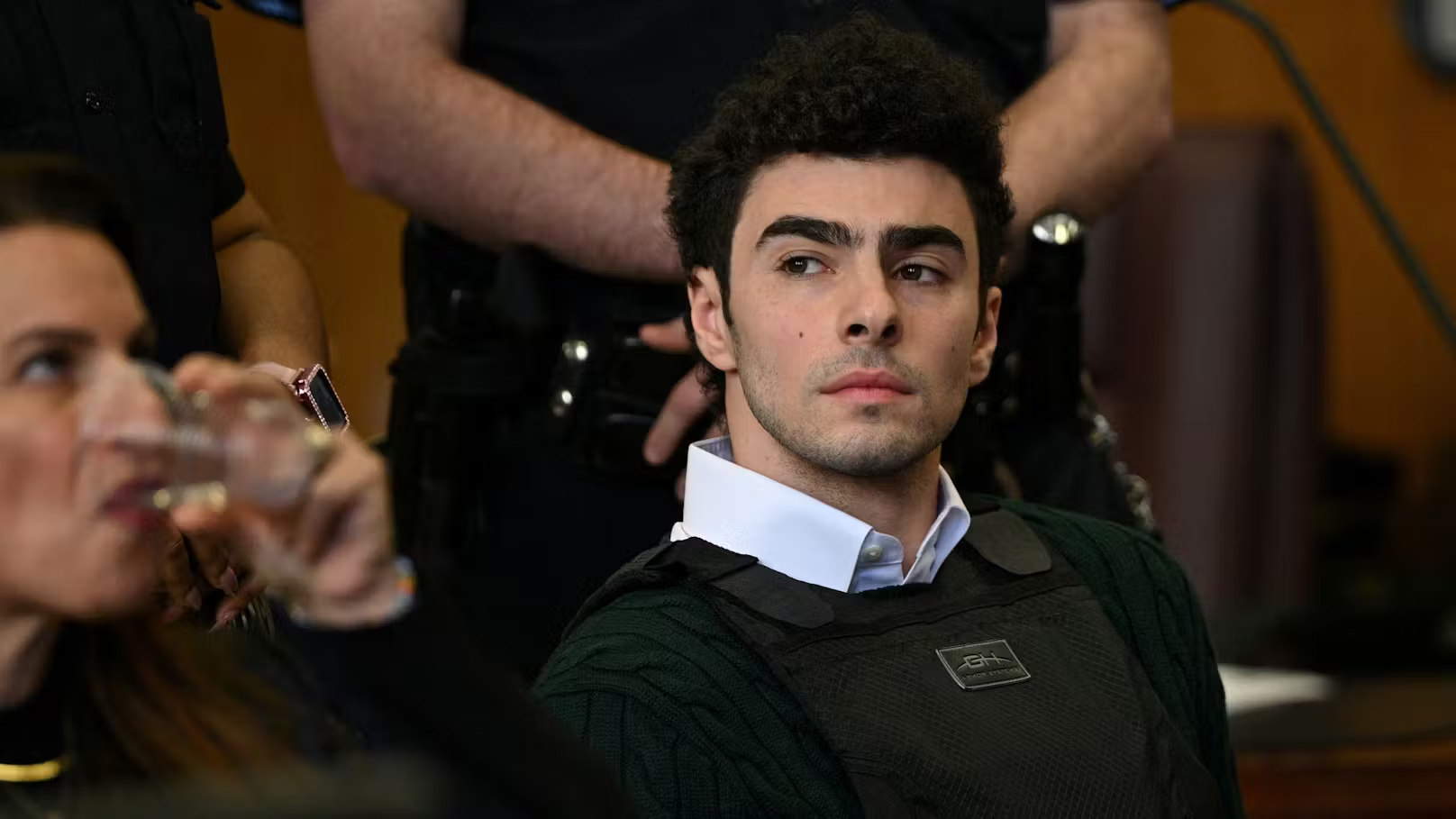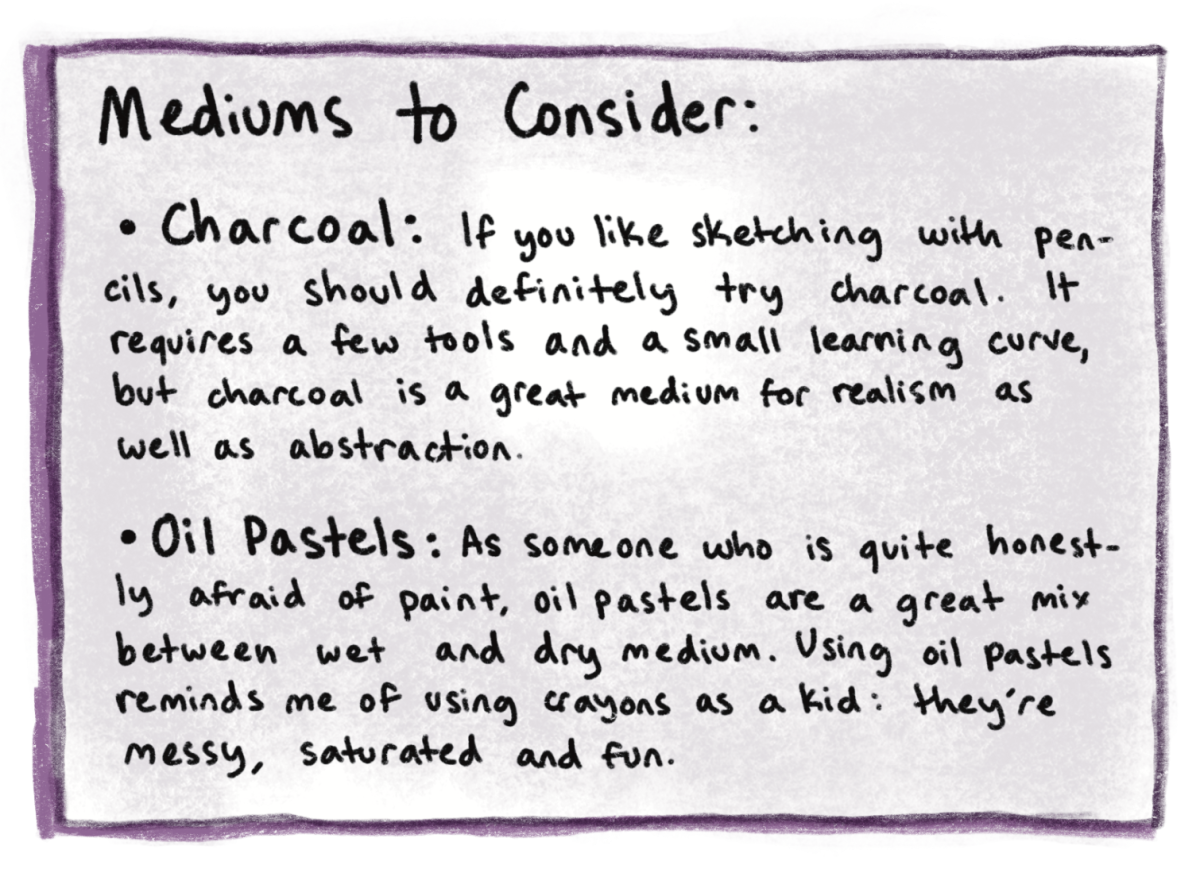The last time I stood for the Pledge of Allegiance was in sixth grade. One day, I sat. Everyone stared. My peers were dumbfounded. No one had told them that free will was an option. West Virginia State Board of Education v. Barnette clarified the First Amendment right of students to opt out of saying the Pledge of Allegiance in 1943.
Standing for the Pledge of Allegiance was what students had always done. Everyone wrote their name in the corner of their worksheets, put their supplies back where they came from and stood for the Pledge of Allegiance. It was routine. It still is. But it shouldn’t be. People need to pause and think about the words they instinctively say every morning.
The first line of the Pledge of Allegiance that jumps out at me is “one nation, under God.” In a public high school, almost every student chants that we are “under God” every single day. What happened to the separation of church and state? By law, public schools must be secular, yet 46 states require the Pledge to be read aloud every morning, claiming the U.S. to be “under God.” According to the Cooperative Election Study conducted by Harvard University, 48% of people from Generation Z have no religious affiliation. Despite this, most high schoolers recite the Pledge of Allegiance, including “under God,” every day without a second thought.
Then, the Pledge of Allegiance declares the U.S. to be “indivisible.” The country seems pretty divided to me. People are becoming more firm in their viewpoints, unwilling to listen to evidence that supports a different perspective. According to the Pew Research Center, 43% of Republicans and 38% of Democrats have a strongly negative view of the opposite party. The U.S. may not be physically divided, but it is politically.
Finally, the Pledge of Allegiance claims that the U.S. provides “liberty and justice for all.” In reality, it provides liberty and justice for most rich, cisgender, heterosexual, white men. What about the Black people who are killed at the hands of police officers? What about the pregnant people who are denied an abortion when their life is on the line? What about the transgender people who are banned from receiving life-saving, gender-affirming care? No country can truly provide liberty and justice for all, but the U.S. is barely trying.
It would be naive to believe that I could convince the U.S. to change the language of the Pledge of Allegiance or stop states from requiring its recitation in schools. What I can express is that students must think critically about the words they say every morning and decide whether or not they agree with the messages of the Pledge of Allegiance and want to continue with this compulsory symbol of patriotism.
Everyone has the right to opt out. Whether they don’t believe in God, view the U.S. as divisible, think the country could do more to provide liberty and justice for all or simply couldn’t be bothered to stand, it is their right to sit.












